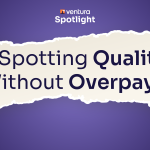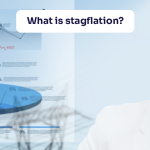If you are selling a house for more than what you paid for it, you are supposed to pay the capital gains tax. But how much capital gains tax are you applicable to? In this blog, you will understand the intricacies of managing your taxation after selling a house.
When you sell your house for a profit, you're liable to pay capital gains tax. This tax applies to the difference between your selling price and the cost of acquiring the house (including purchase price, renovations, and other associated costs).
There are some exemptions and relief options that can help reduce or eliminate your capital gains tax burden:
The capital gains tax rate applicable to your sale depends on several factors, including your residential status, the duration you held the property, and your overall income tax slab. It's best to consult a tax advisor to determine your specific rate.
Maintaining proper records is crucial for claiming exemptions and ensuring accurate tax calculations. Keep receipts and documents related to the purchase price, renovations, and any other relevant expenses.
Remember: This blog provides general information and is not a substitute for professional tax advice. Consult a qualified tax advisor for specific guidance tailored to your situation.

Revisiting the Gold-Silver Ratio Amid Silver's Outperformance
2 min Read Dec 22, 2025
Midcaps: Sweet Spot or Danger Zone? | What HSBC MF’s Cheenu Gupta Thinks | Ventura Spotlight
2 min Read Dec 17, 2025
Understanding Option Pin risk near expiry
2 min Read Dec 12, 2025
EPS in the Stock Market
2 min Read Dec 12, 2025
What is stagflation?
2 min Read Dec 10, 2025